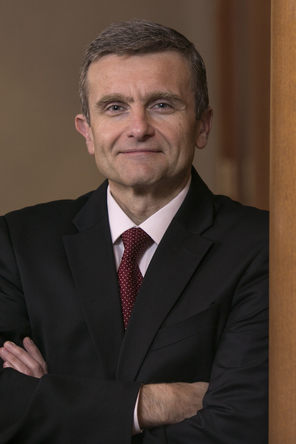Leadership in Fundraising

Guest post by Amir Pasic, Eugene R. Tempel Dean and Professor of Philanthropic Studies at the Indiana University Lilly Family School of Philanthropy
We're bringing Dr. Pasic to Kansas City on September 14 to discuss how an organization's leadership and fundraising staff must be focused on the same things to make fundraising efforts successful. Click here to learn more and save your seat.
I like to praise the virtues of excellent fundraising in pursuit of a great mission conducted ethically by leaders of exemplary integrity. Seasoned fundraisers, wherever they sit within an organization or in its supporting environment, understand the virtuous cycle that appears with a successful fundraising program. There is focus on strategic priorities, buy-in from inside the organization and throughout the community of supporters, clear plans for interacting with donors and friends across all segments and phases of engagement, and there is celebration of the people who provide the resources that enable progress in pursuit of the organization’s vital vision.
I often wonder if leadership that does not emulate the process of fundraising even makes sense. When does a leader not ask others to do things differently, or to stop doing certain things, or to let go of possessions or practices, which they then do willingly and happily? And not only do I like to think of leadership and fundraising as synonyms in many ways, but as fundraising practitioners well know, your title or your position does not necessarily reflect your ability to succeed. Indeed, virtuosos of leadership and fundraising manage to make a difference regardless of their official position.
In such challenging and often ambiguous situations how does one grasp what to focus on and decide where to direct one’s activity? One key resource that any leader needs is research. How do we know what works, and just as importantly, what does not? How can we understand the complexity of what motivates a donor? How can we assess the impact of our efforts? And, in the bigger picture, how can we hope to address societal problems or develop effective strategies unless we have reliable insight into new developments in our field and into the patterns and trends that help us understand the ever-changing context within which we work. Rigorous, high quality research is an important component in virtually all aspects of the work of philanthropy, and it is through better research that we will achieve even better results. I look forward to discussing with you how research can inform success.
Best regards,
Amir Pasic
Eugene R. Tempel Dean
Indiana University Lilly Family School of Philanthropy

